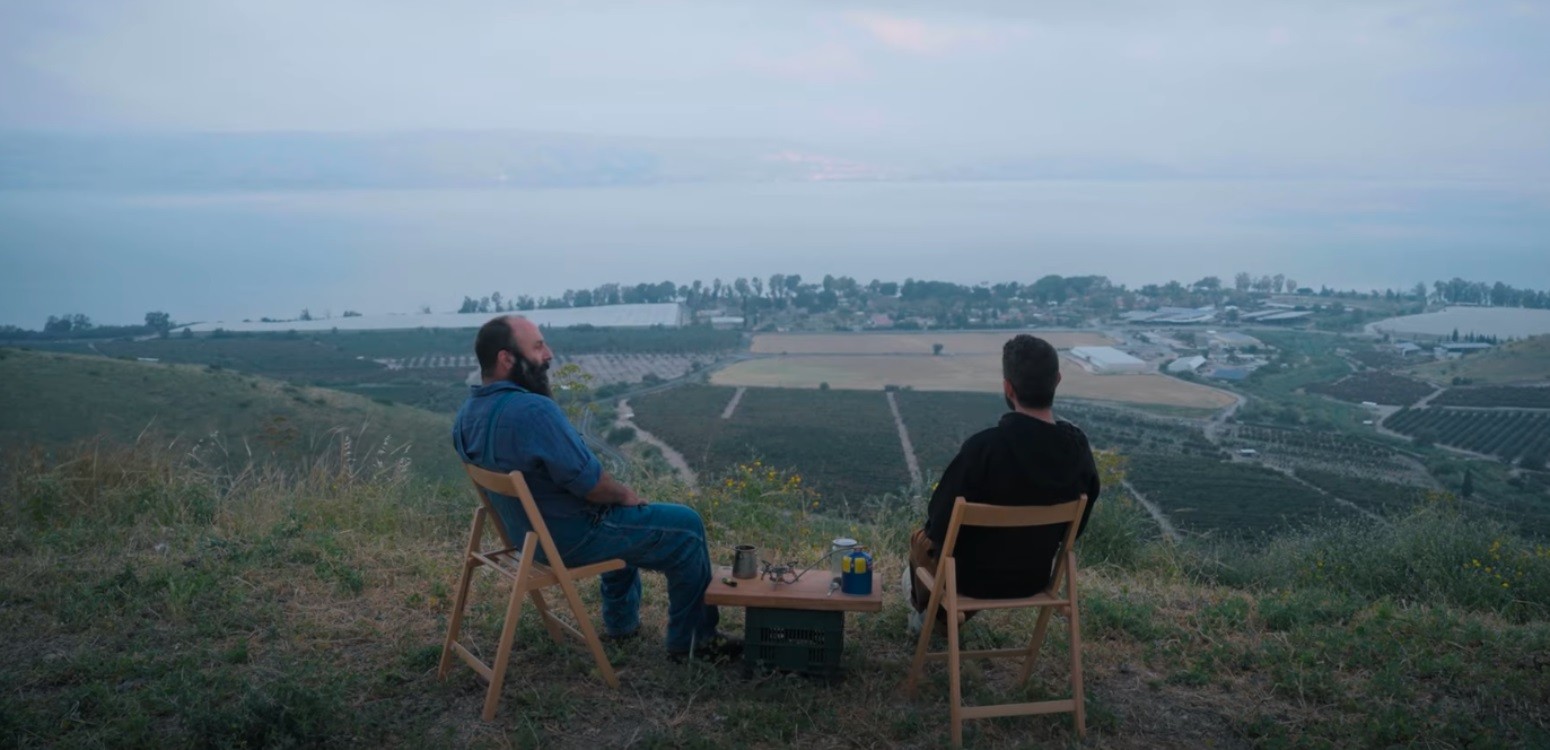Other episodes in the series
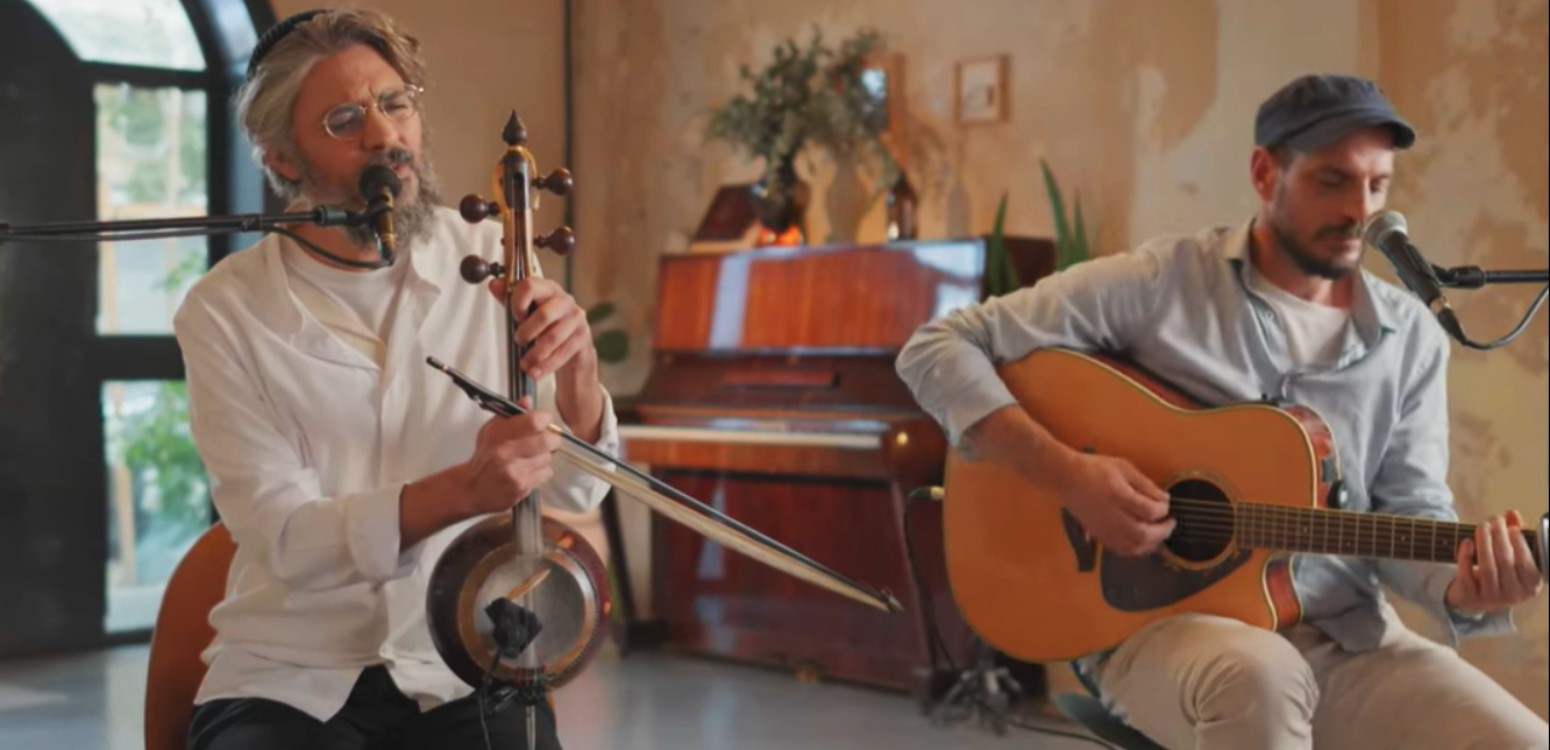
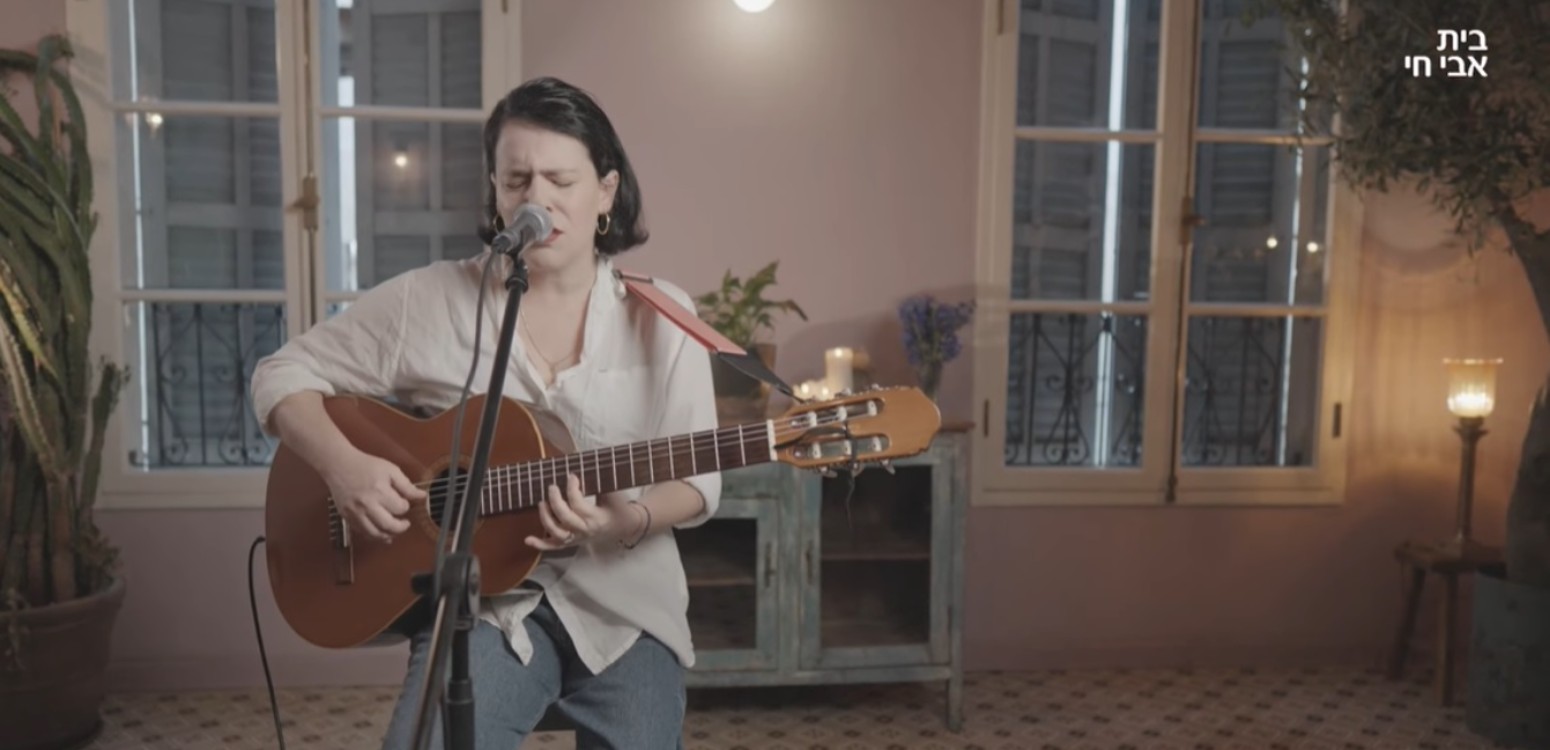
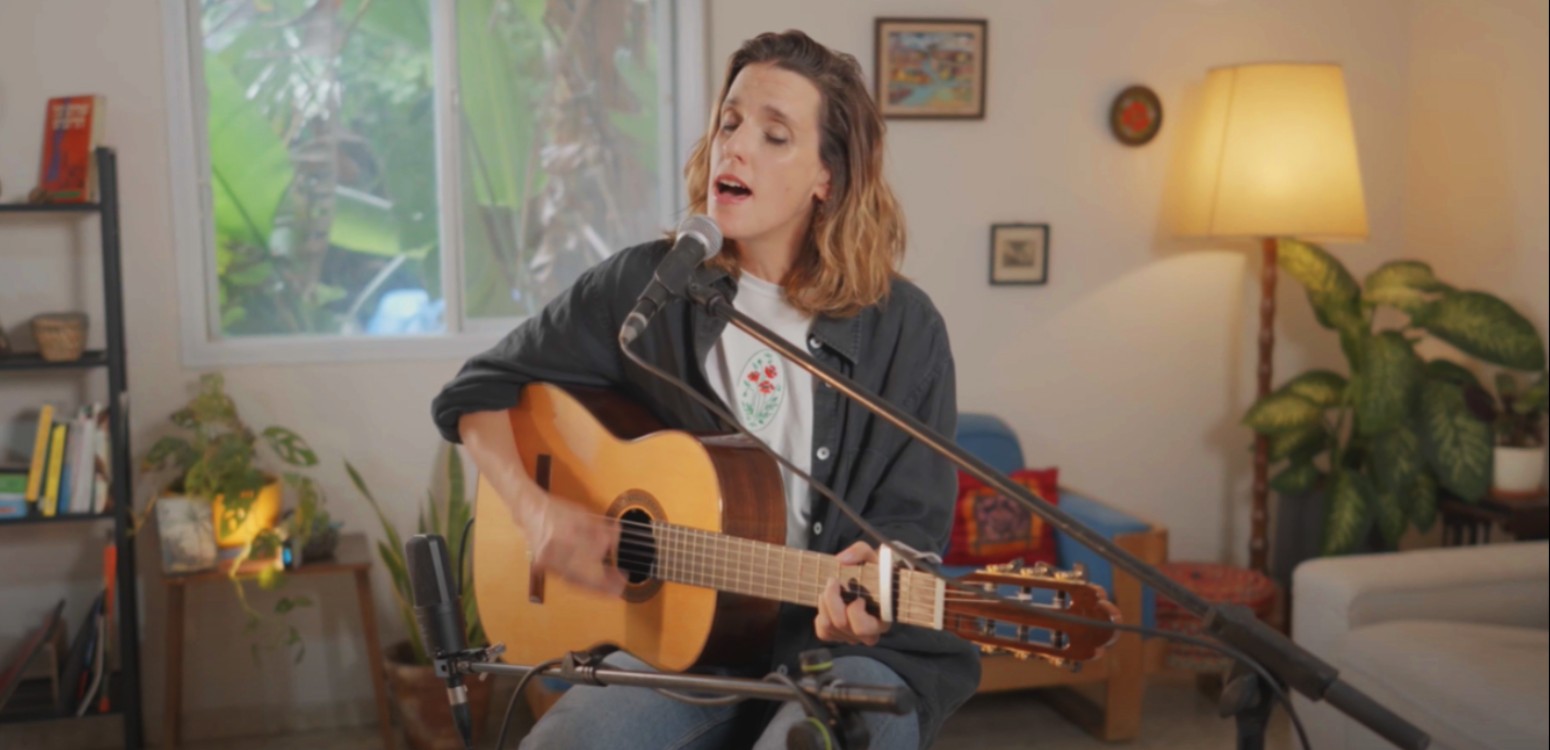
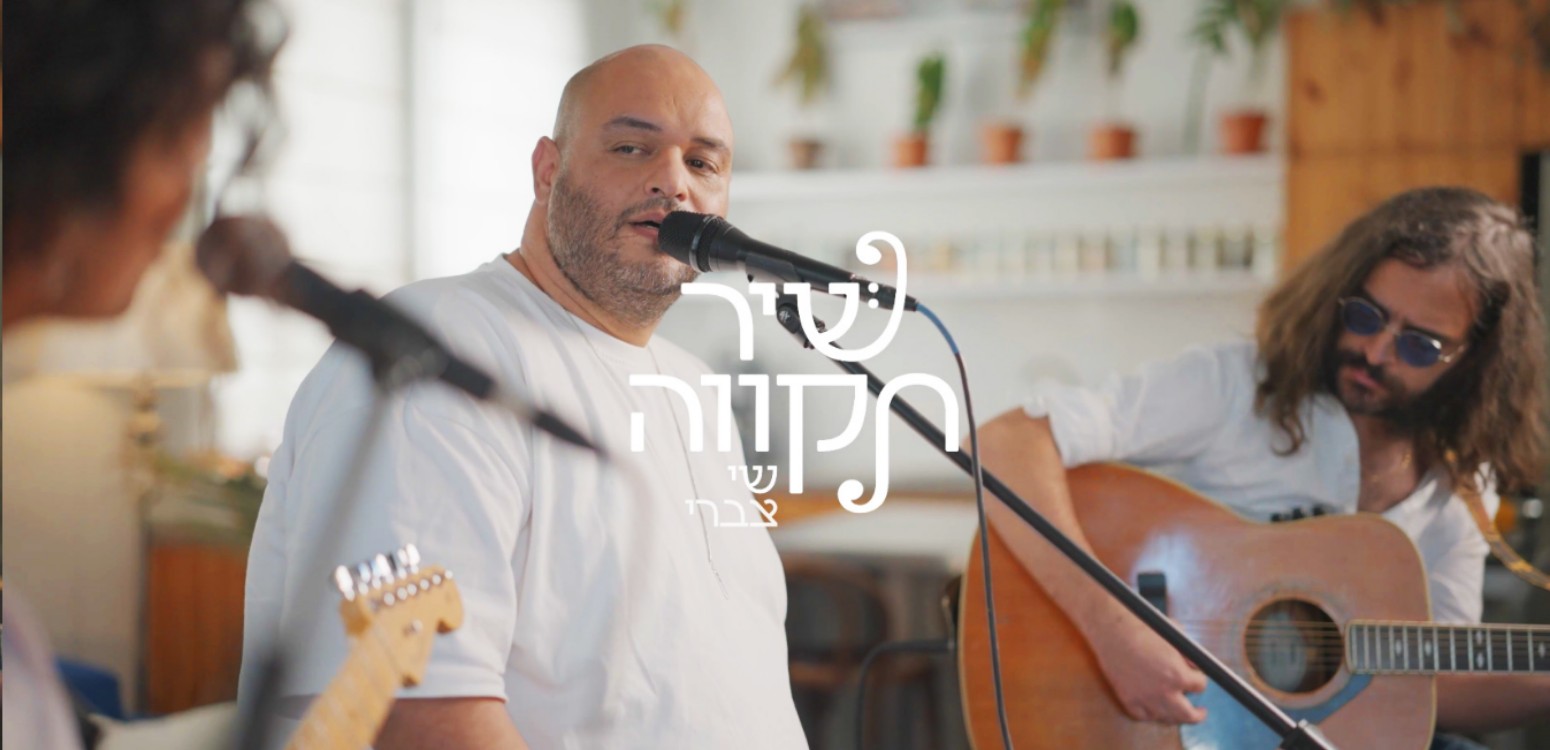
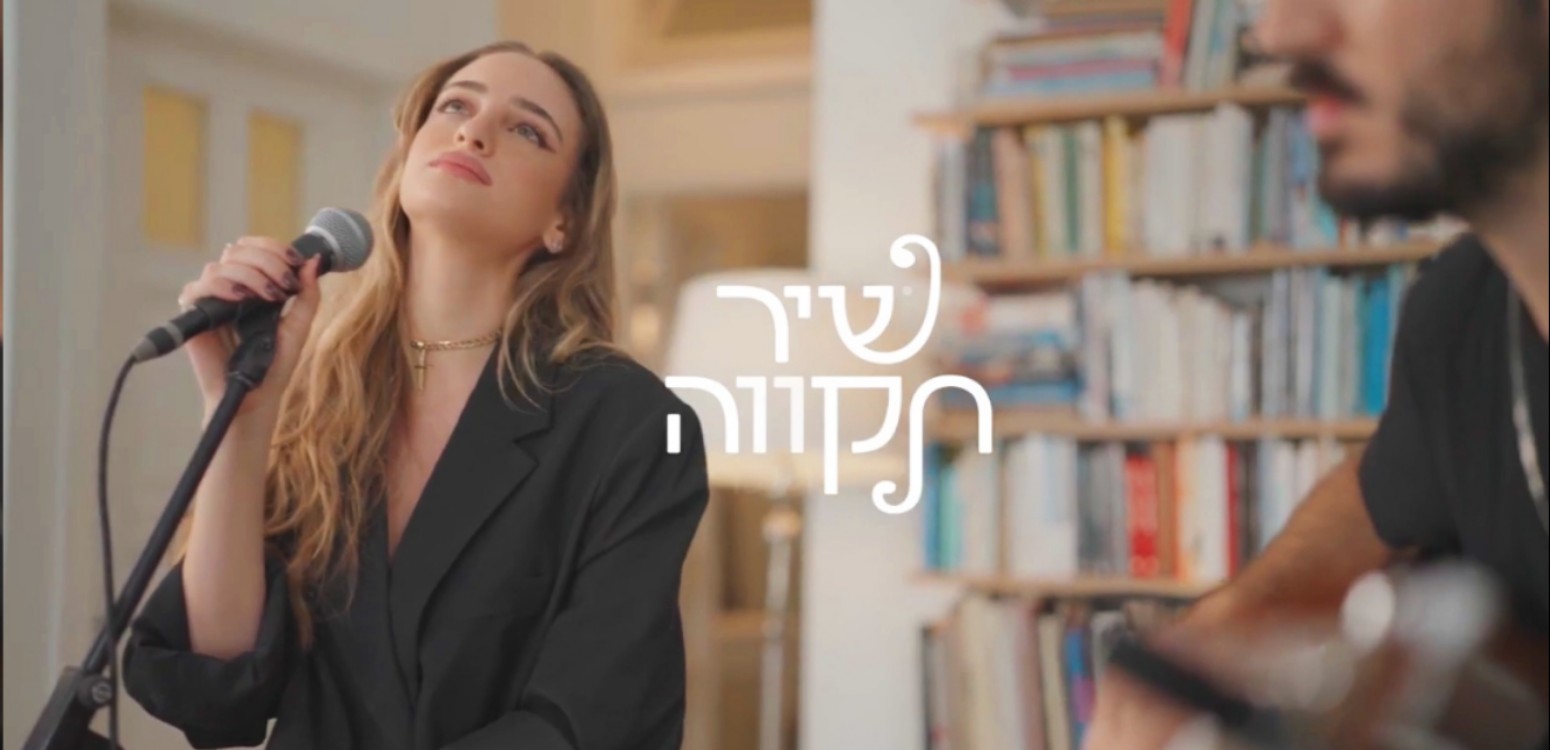
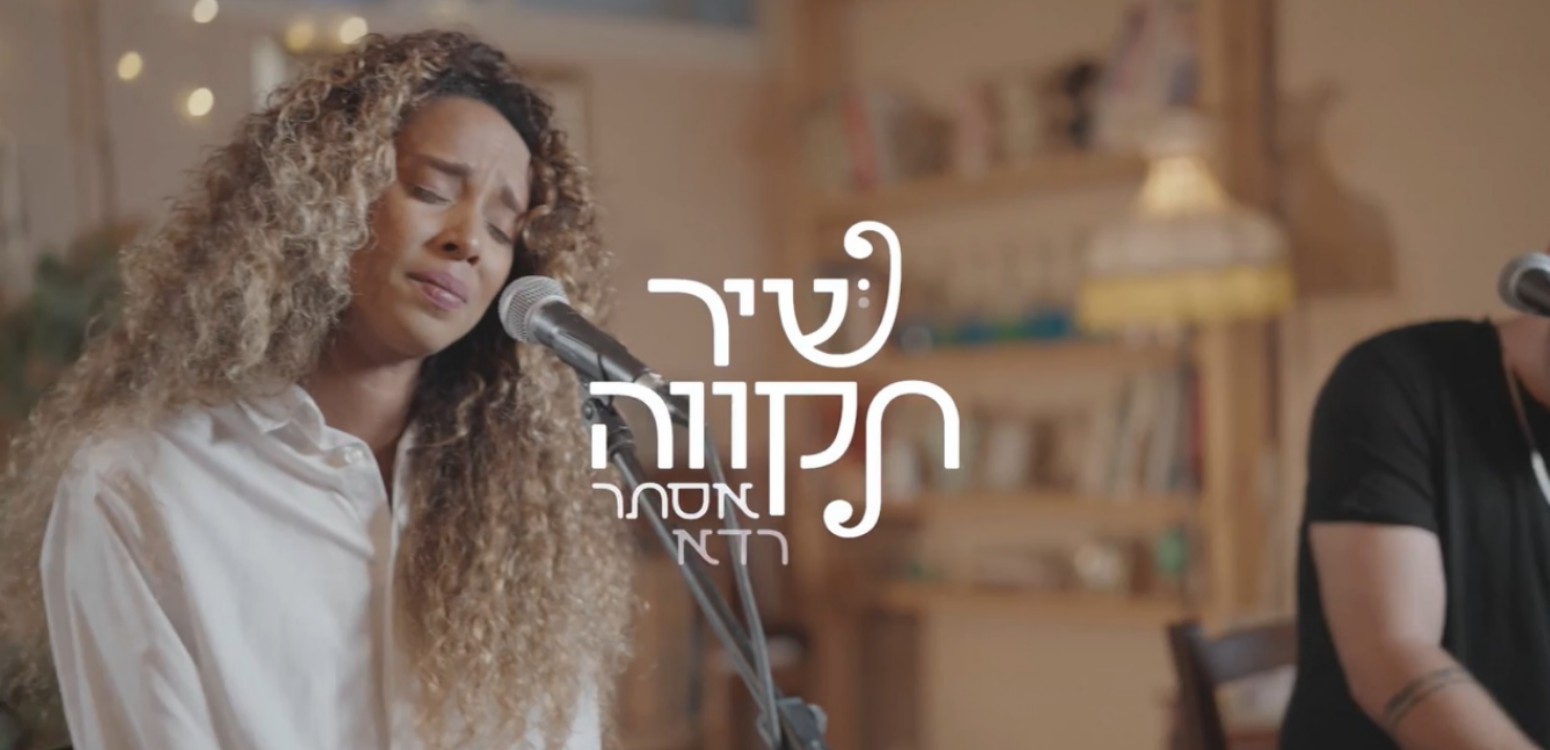
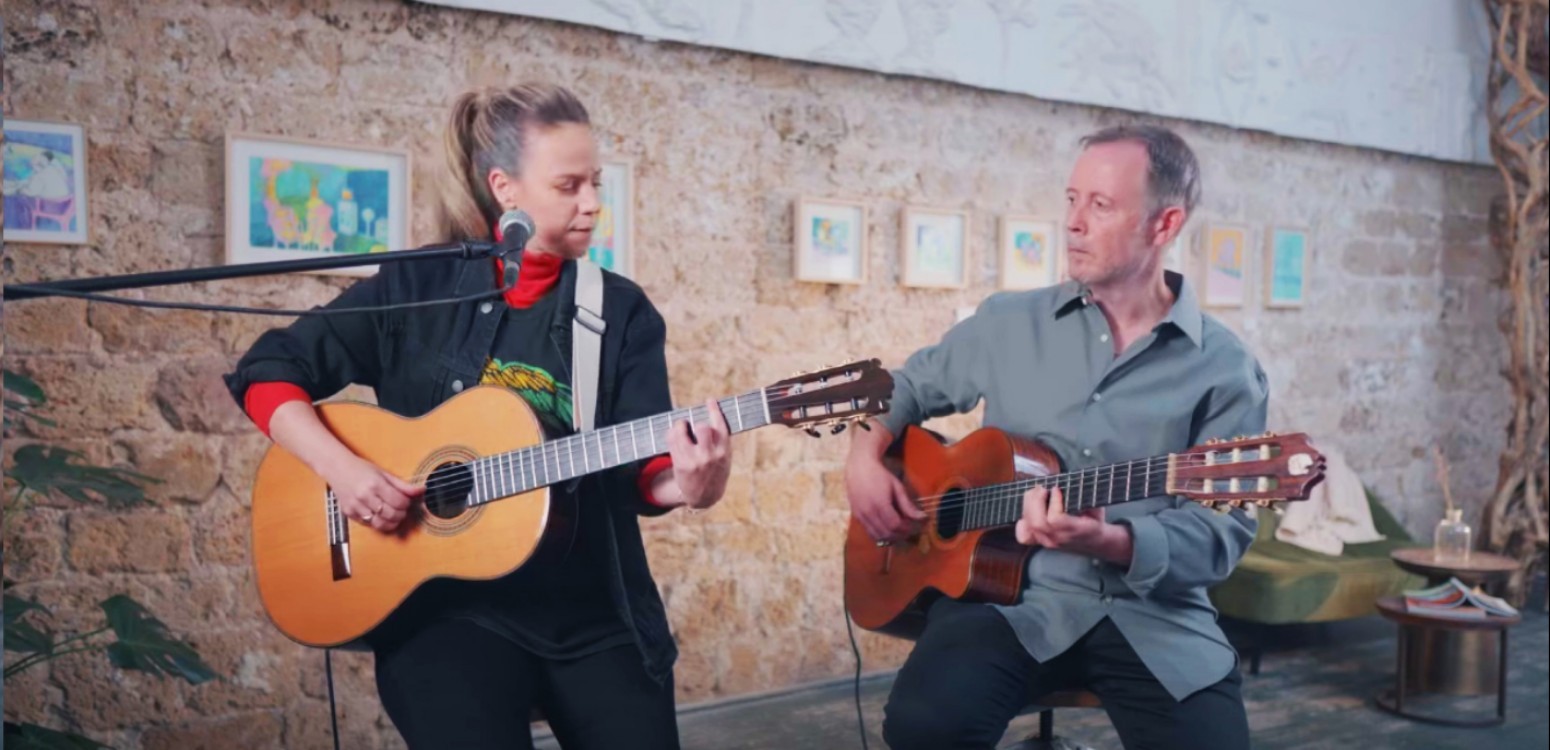
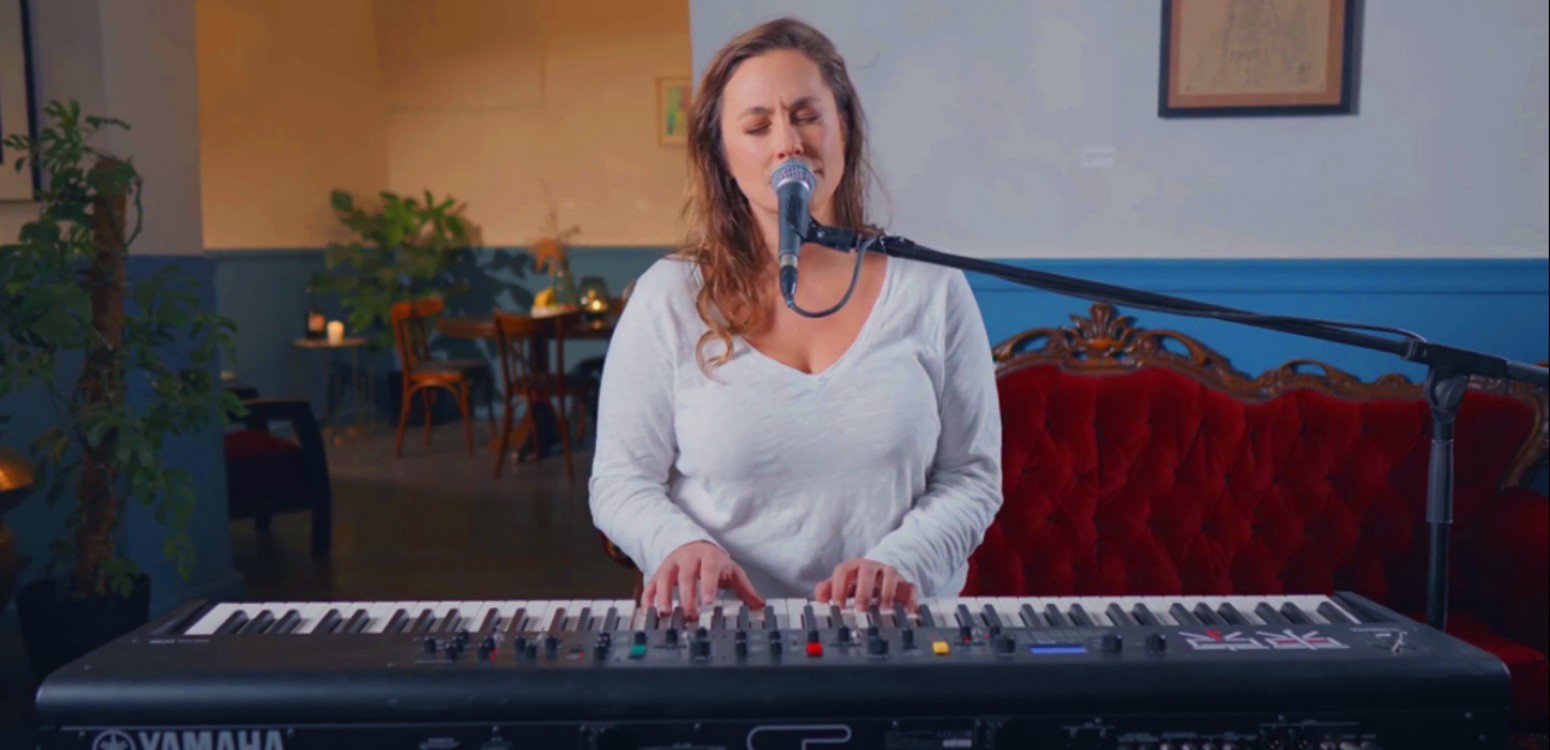


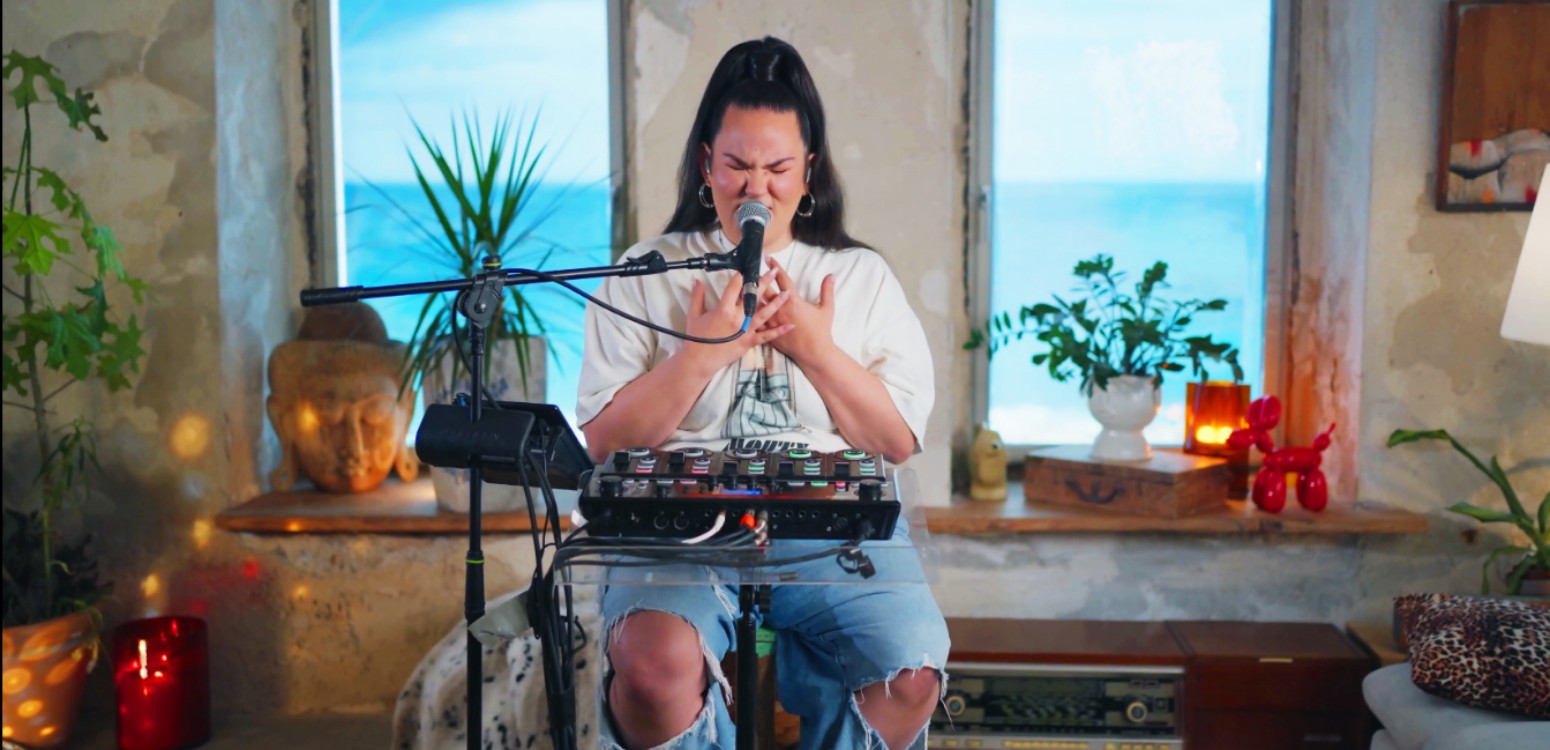
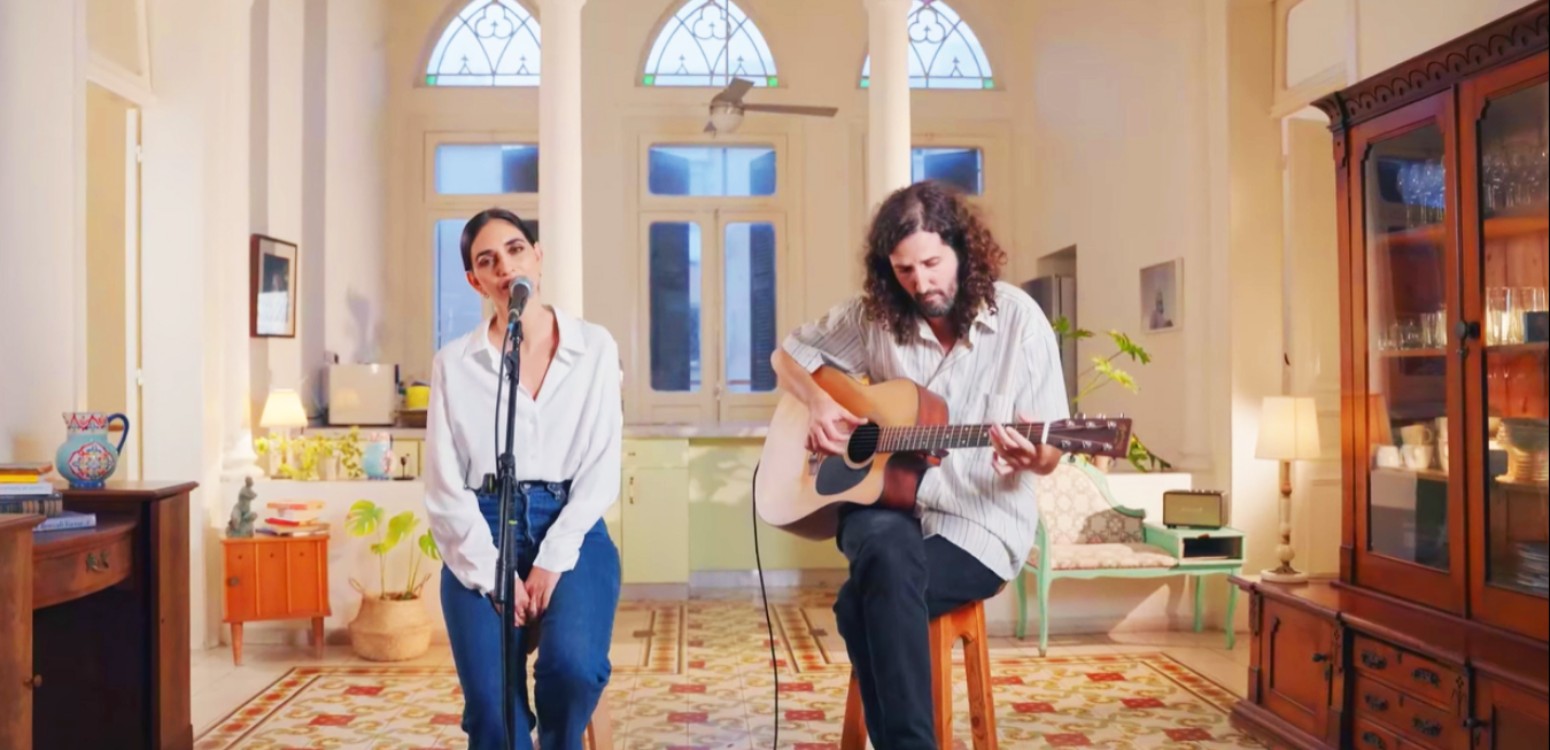

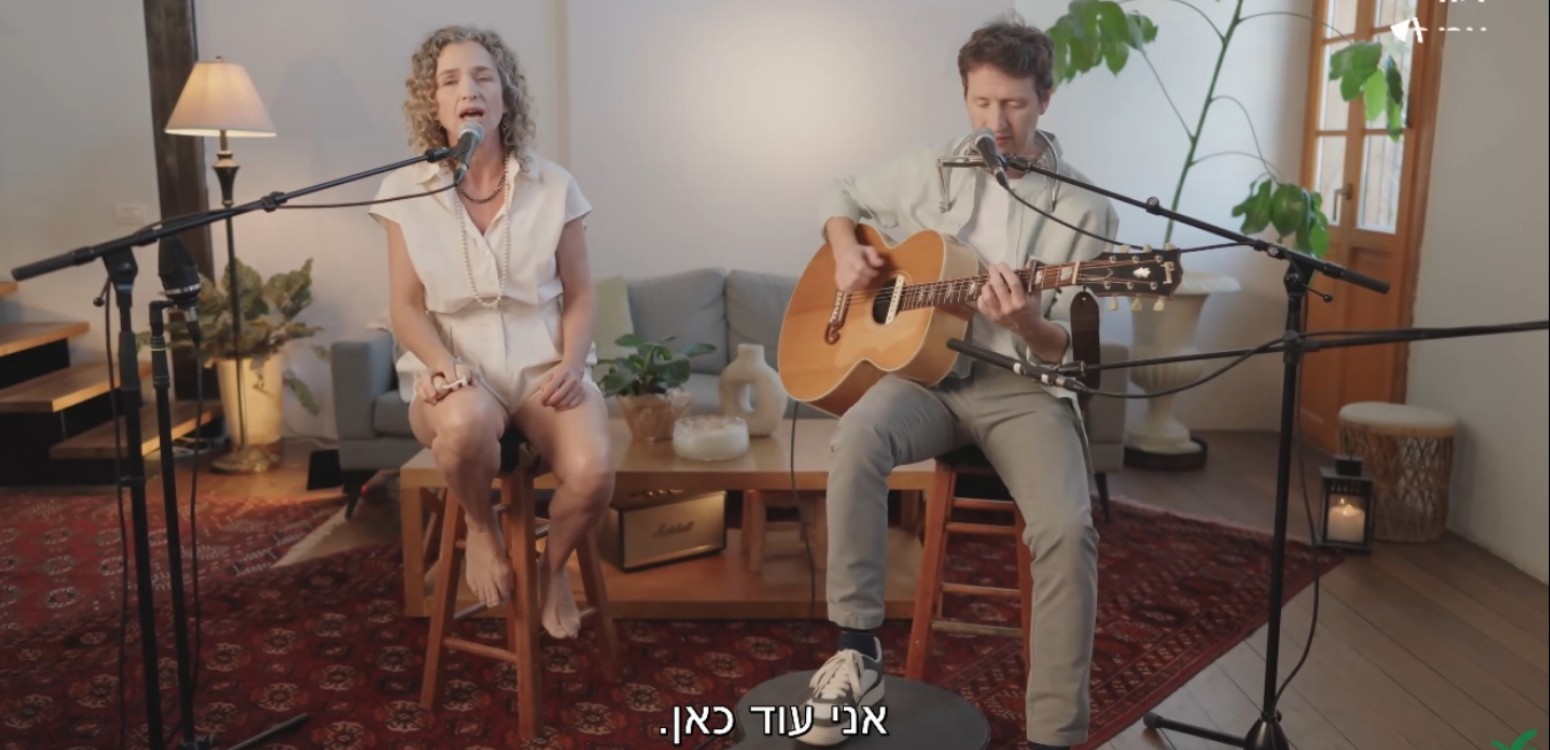

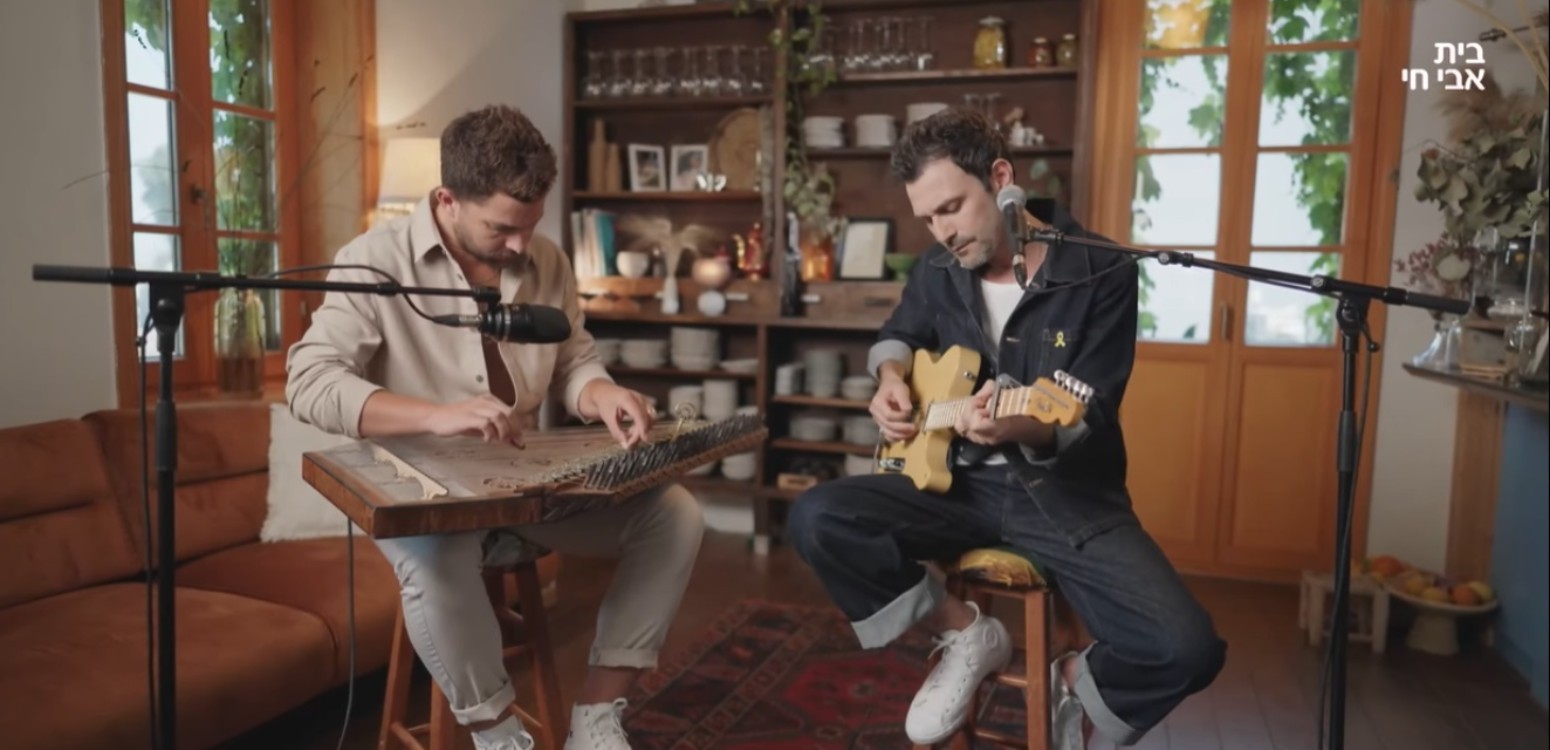
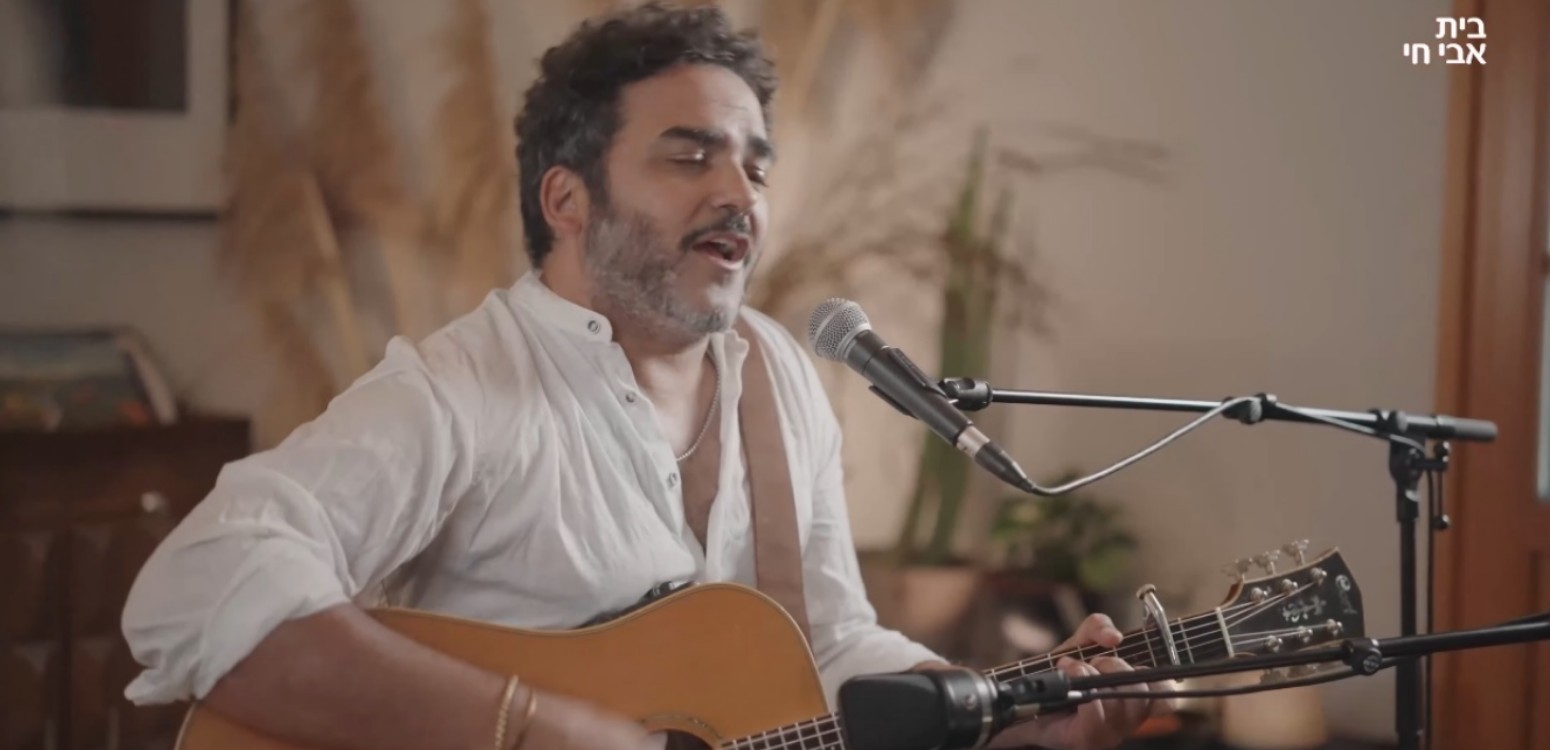
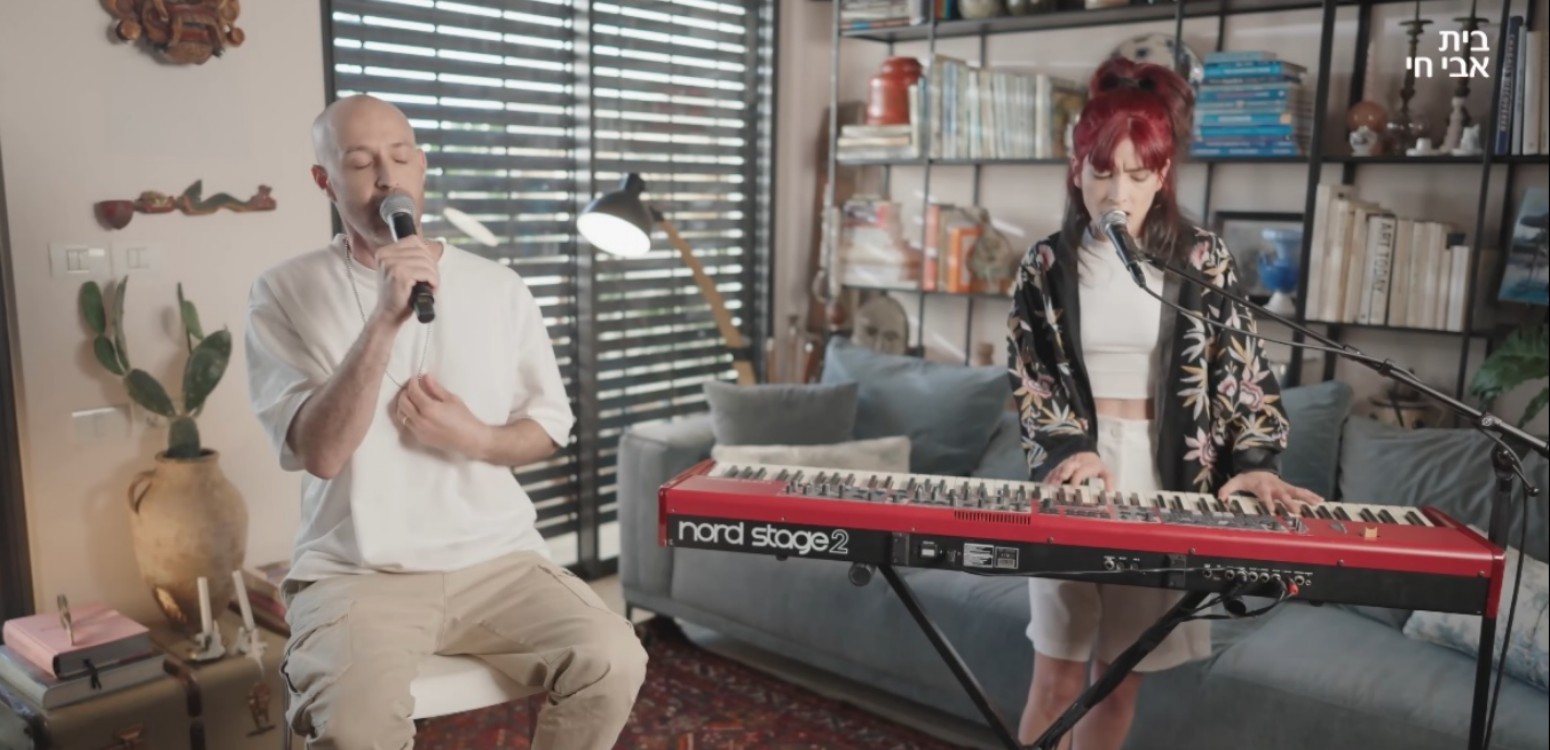
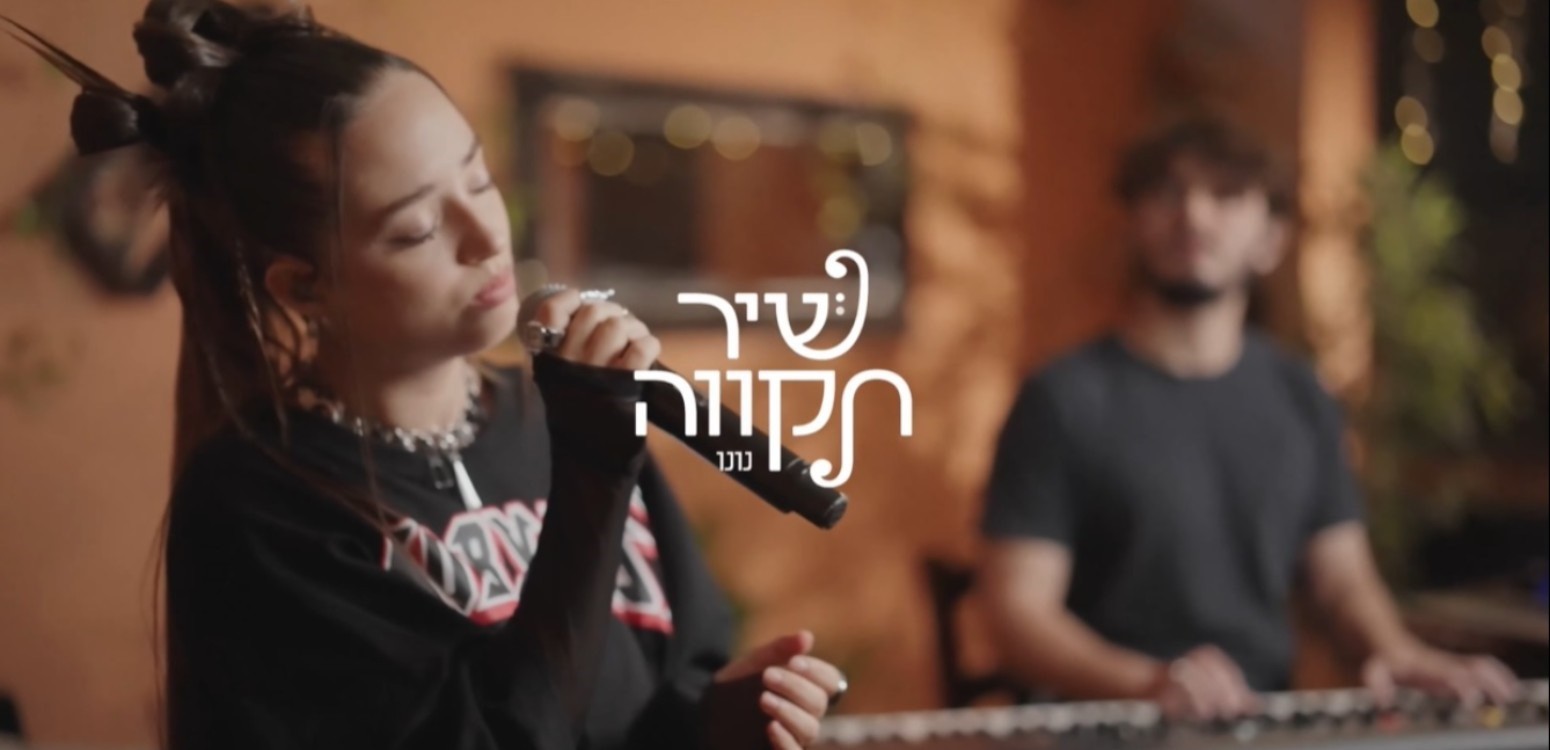
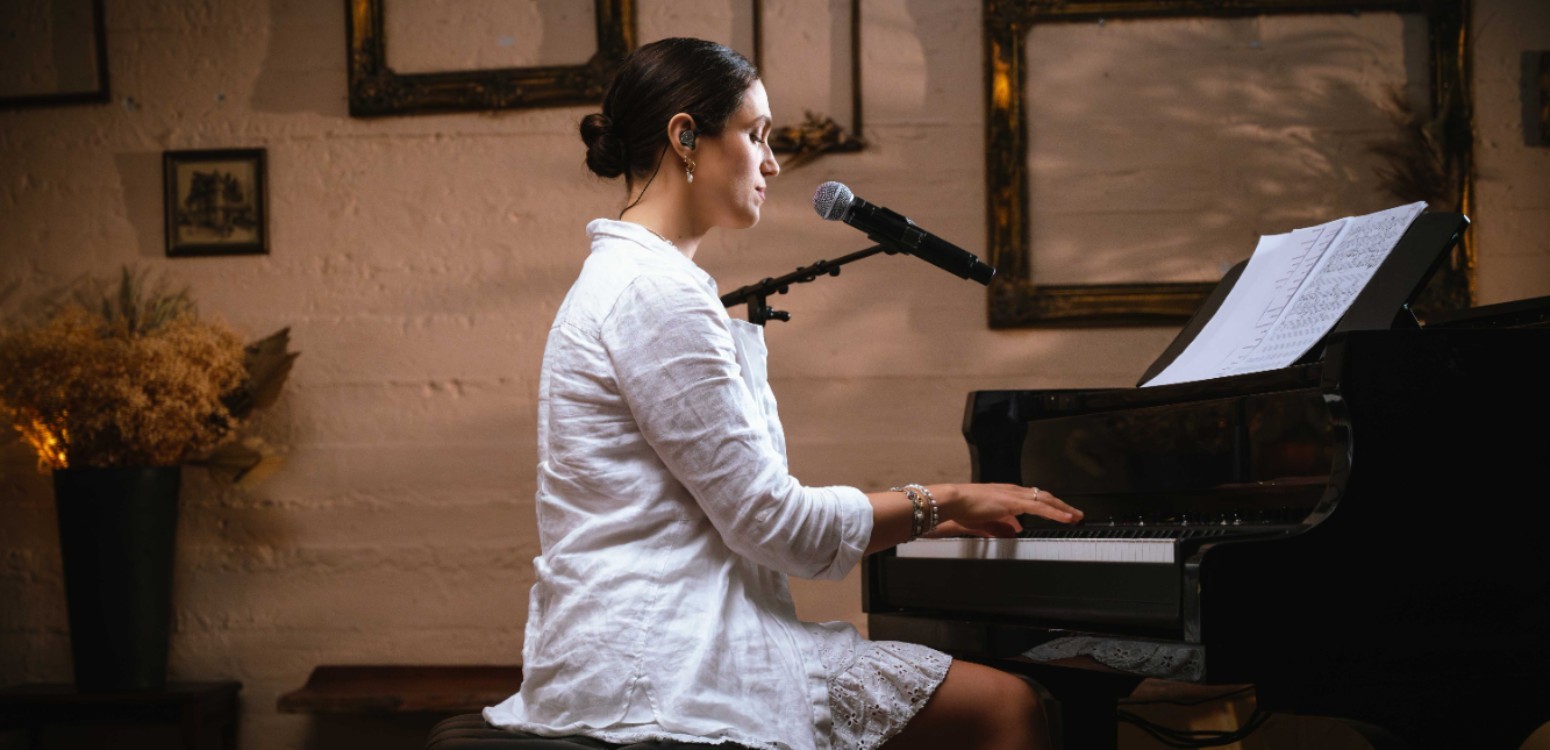
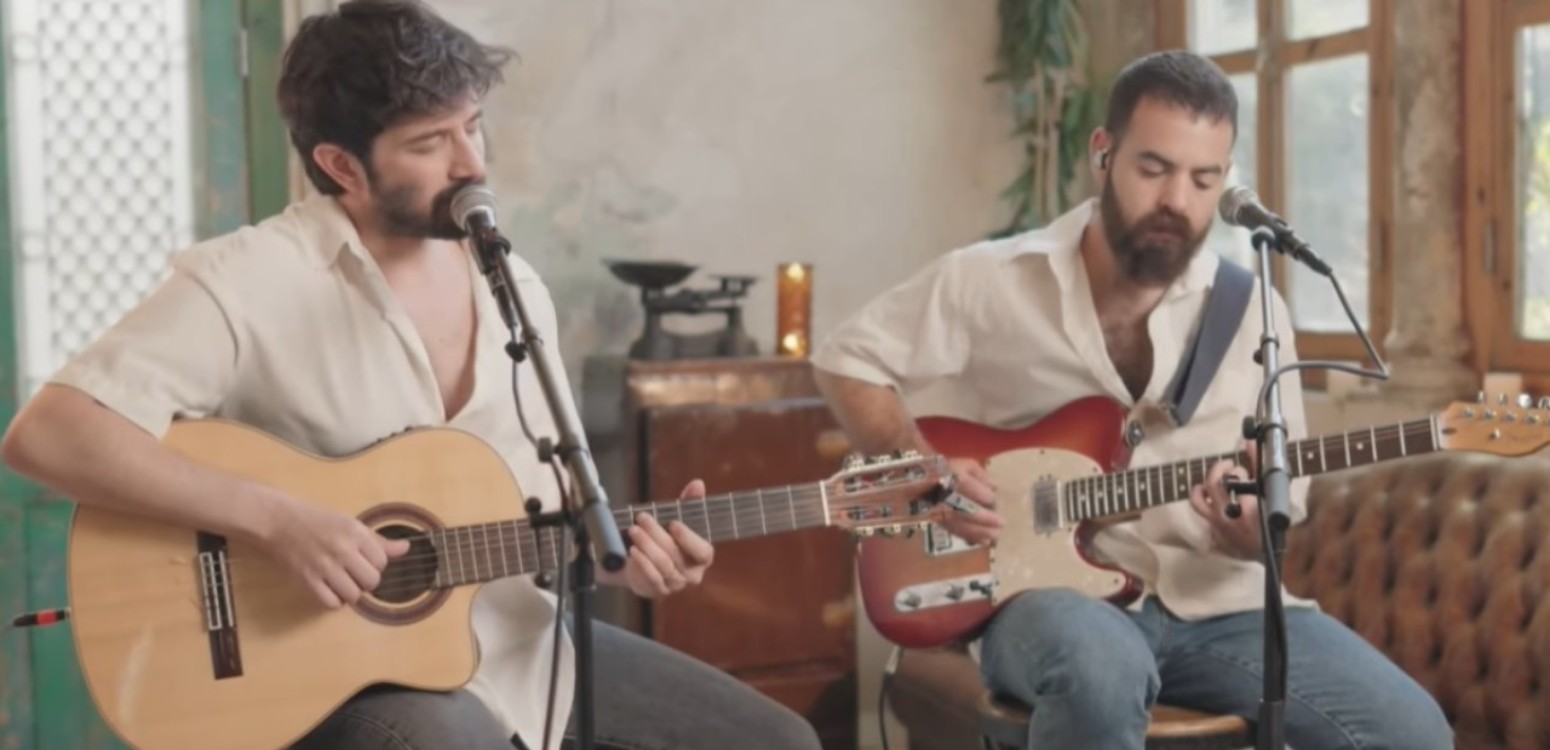
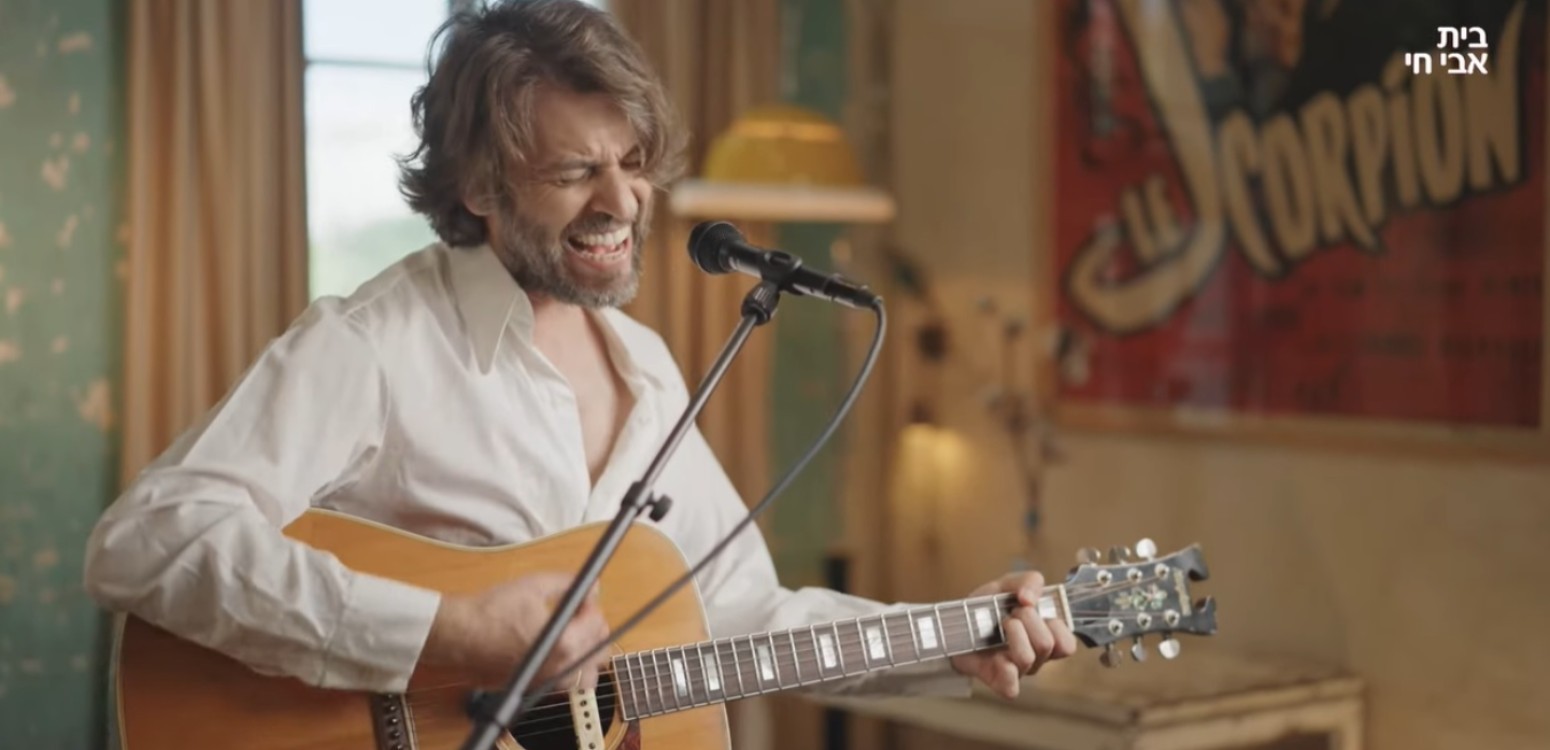
Singer-songwriter Aya Korem is trying to preserve a positive outlook on life, despite the trauma and endless challenges we have all been experiencing since October 7th.
“A lot of people give up because they think that what’s happening now – that’s how it’s going to stay,” she says in this episode of “Song of Hope”. “In moments like these I remember my grandmother, who immigrated to Israel and founded Kibbutz Hamadia with her own hands. There are photos of her digging among the rocks with a pickaxe... The only way to look at what is happening now is as a call to action: you are the people you have been waiting for. This is how I try to behave too.”
Korem is adamant about being proactive and not losing hope for the future. She keeps reminding herself that even during and after the Holocaust, people did not give up.
Korem chose to sing the song Chalon Layam Hatichon (“A Window to the Mediterranean Sea”), originally performed by singer-songwriter Yehuda Poliker, who wrote the music to Ya’ackov Gilad’s lyrics. Both Poliker and Gilad are children of Holocaust survivors, and even though Poliker started his musical career as the lead singer and guitarist of rock band Benzene, later on he connected musically to his Greek roots – as evident in this song – as well as to his family history.
Poliker’s parents were Greek Jews and Holocaust survivors who were deported to Auschwitz from Thessaloniki. Poliker’s third solo album, Efer VeAvak (“Ash and Dust”), released in 1988, dealt primarily with the subject of being a child of Holocaust survivors. It is widely considered one of the best Israeli albums ever released, and Chalon Layam Hatichon is one of most beautiful songs on it.
Korem used to listen to this album a lot as a child since her dad played it at home. When it suddenly came on the radio as she was driving in her car, nine months after October 7th, she broke down – it awakened something in her.
The song’s lyrics are a fictional love letter written from Jaffa in 1950 by a Holocaust survivor who immigrated to Israel to his beloved who remained back in Europe. The song describes a glimmer of hope for the future and a one in a million chance of happiness. This glimmer of hope is exactly what Korem is trying to hold on to, and pass on to others, as she sings the song.



































